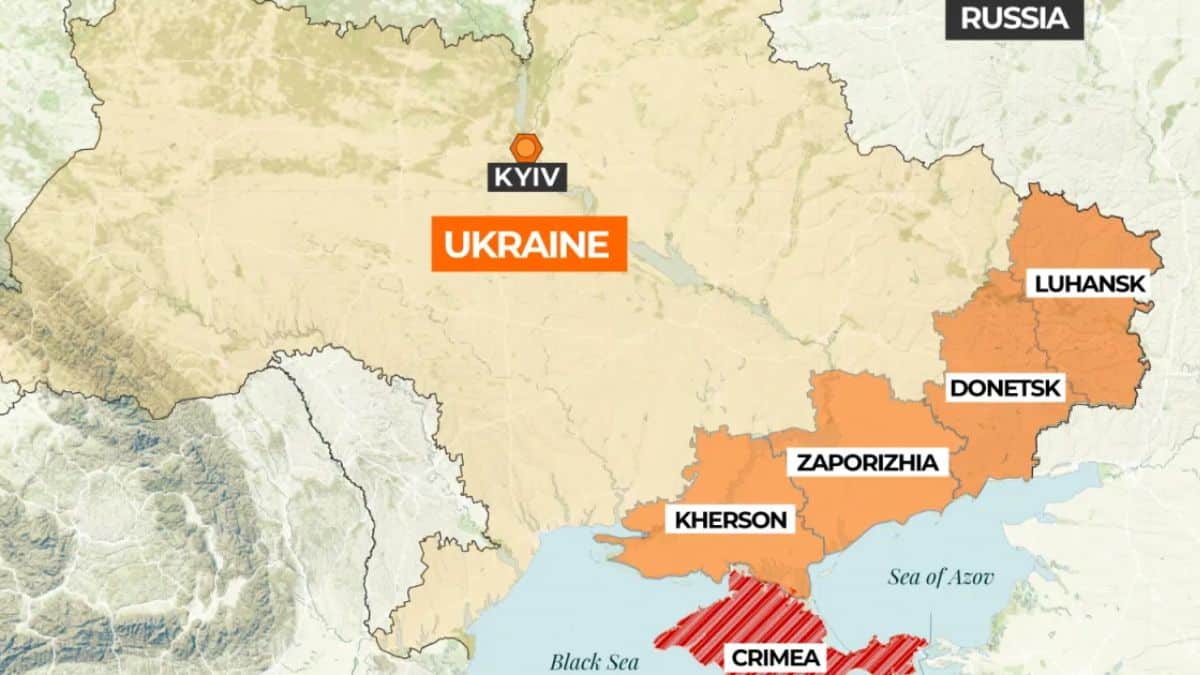Russia’s National Guard has announced the arrest of 25 individuals in the Russian-occupied regions of Kherson and Zaporizhia in Ukraine. The detainees are accused of supporting and aiding the Ukrainian government, a move that underscores the ongoing tensions and unrest in these territories.
The arrests, which took place over the past few days, are part of a broader effort by Russian authorities to clamp down on activities perceived as pro-Ukrainian within the occupied areas. According to a statement from the National Guard, those arrested were involved in various forms of assistance to Kyiv, which include providing intelligence and logistical support.
“These individuals have been detained for their involvement in activities that undermine the security and stability of the regions under Russian control,” the National Guard stated. “Their actions were aimed at aiding the Ukrainian regime, which poses a threat to the peace and order we are striving to maintain.”
The precise nature of the alleged support provided to Kyiv by the detainees has not been disclosed. However, the arrests highlight the persistent resistance and local dissent against Russian occupation. Ukrainian officials have not yet commented on the arrests, but such actions are likely to further inflame an already volatile situation.
Human rights organizations and international observers have expressed concern over the treatment of detainees in occupied territories, calling for transparency and adherence to international legal standards. The arrests raise significant questions about the due process and the conditions under which these individuals are being held.
The Kherson and Zaporizhia regions, both strategically vital, have been focal points of the conflict since Russia’s invasion of Ukraine. Control over these areas allows for significant military and logistical advantages, making them hotbeds of both military and civil conflict.
As the situation evolves, the international community continues to observe the developments closely. The arrests may prompt further diplomatic responses and calls for increased scrutiny of actions taken by occupying forces in conflict zones.
The ongoing conflict in Ukraine, marked by such incidents, underscores the need for renewed diplomatic efforts and dialogue to achieve a peaceful resolution and address the humanitarian issues arising from prolonged hostilities.

